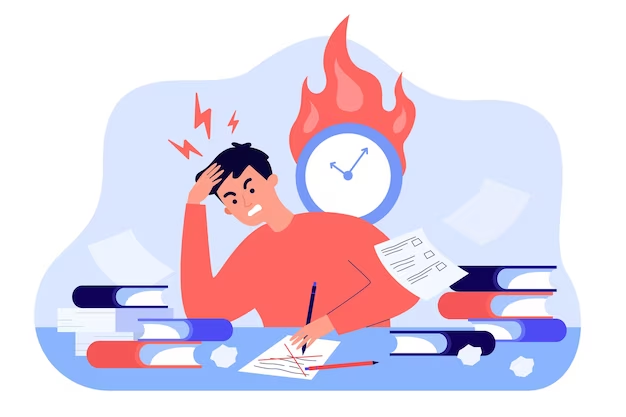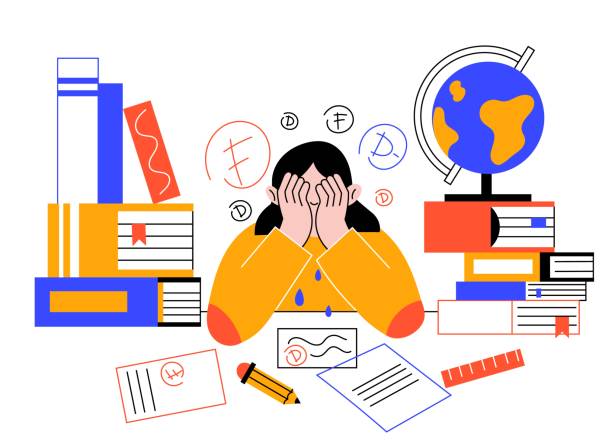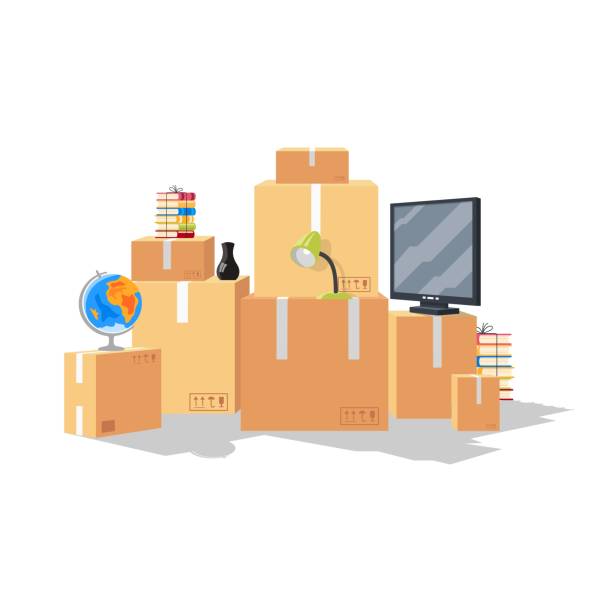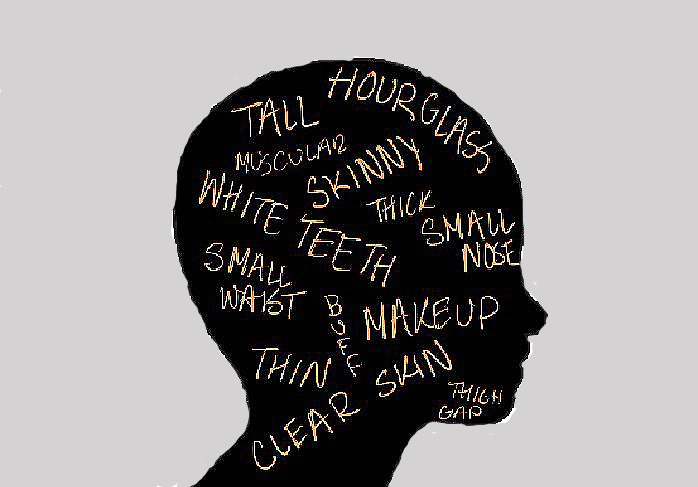North High students are preparing for the end of their first trimester, and finals are right around the corner. The changes to the finals schedule mean that students will not have a large chunk of time at the beginning of each day, which means studying and work will have to happen this week, and the crunch can leave students feeling stressed or behind. Here are some tips to help you successfully end the tri:
Check on your grades earlier rather than later. Even if it’s painful to look, you need to know where you stand so that you can prioritize your finals studying and work. Which classes could you bump up a letter grade if you did really well on the final?
Make a study plan. A priority list – ranking things from most to least important – can be a huge help in organizing your studying and managing your stress. Decide what is most important to get done first, what you will need the most time to work on, and what you can do easily, then make a list or chart with each day’s work listed out. Having a checklist makes completing tasks more satisfying because you can check them off the list when you are finished.
Talk to your teachers. It may be intimidating, but remember that your teachers are here to help you learn and want you to succeed. Don’t wait until the last minute to ask for help because there won’t be time once the trimester ends. Remember, your teachers are busy and stressed too, so let’s all support each other by being polite when asking about assignments and grades.
Eat real food and drink water. Students are often tempted to chug energy drinks and eat candy to get the caffeine and sugar rush needed to power through work. However, both caffeine and sugar highs can lead to crashes, leaving you even more tired than you were before. Caffeine can also contribute to anxiety and stress because it raises your heart rate above normal.
Get some sleep. This is an annoying tip because it’s always on every list of how to feel better – and that’s because getting a restful night’s sleep is the best thing you can do to calm your brain, reset your thinking, and recharge for the next day. It’s especially important to sleep after studying so that your brain can process the information you learned and save it in your long-term memory. Cramming for a test right before might work sometimes, but most subject require more thought and engagement to really stick in your head effectively.









